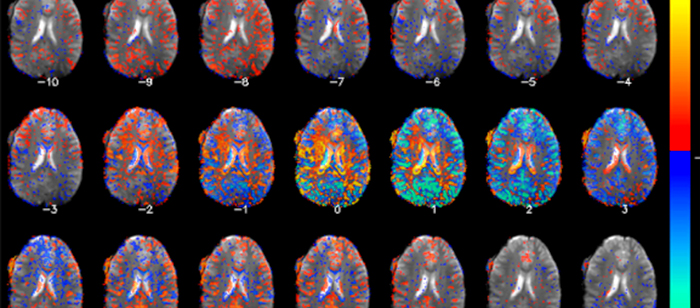Phd proposal: Zhang on Brain Network Visualization Techniques
PhD Dissertation Proposal
Design and Validation of Brain Network
Visualization Techniques: A Unified Approach
Guohao Zhang
Time and Place:
8:00-10:00am, 22 Jan 22 2015, ITE325
We propose a unified approach to understand why and how visualization works, motivated by scientists’ difficulties in obtaining insights from increasingly complex data that involves multi-modality brain networks from structural and functional magnetic resonance imaging (dMRI and fMRI). Brain scientists are in need of visualization approaches to effectively analysis brain MRI data from different modalities. We design a unified theory expanded upon the classical 2D semiotics for the design and evaluation of brain network visualization approaches. Our research is divided to three-steps. First, we define a taxonomy that includes three dimensions: retinal variable, data continuity, and plane. Second, we demonstrated that this theory carries descriptive power in that we can use it to describe existing visualization techniques for brain imaging visualizations. We then propose five empirical studies to understand and evaluate encoding approaches in structure and functional networks accordingly. The first three studies focus on single modality and the last two studies differences in dual-modality multiplex network comparison based on cohort analyses. Using the results derived from the empirical studies, we present a visual analytics approach for brain scientists to explore cohort and individual brain network to let them answer research questions. We use computational methods to derive relationships from two modalities in cohorts of two modalities, and then represent cohort with uncertainty as well as individual ones for brain scientists to study uncertainty in network analysis.
Committee: Drs. Jian Chen (Chair), Penny Rheingans, Konstantinos Kalpakis, Peter Kochunov (UMB), Niklas Elmqvist (UMCP) and Alexander Auchus (UMC)
Posted: January 22, 2015, 12:10 AM
